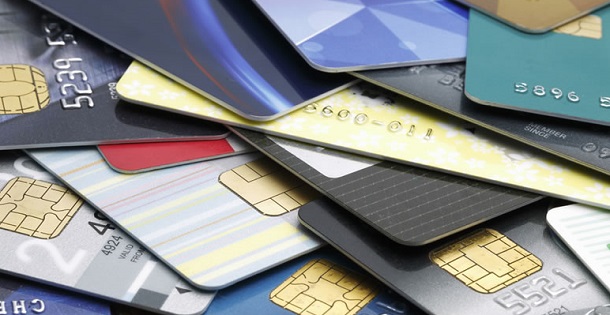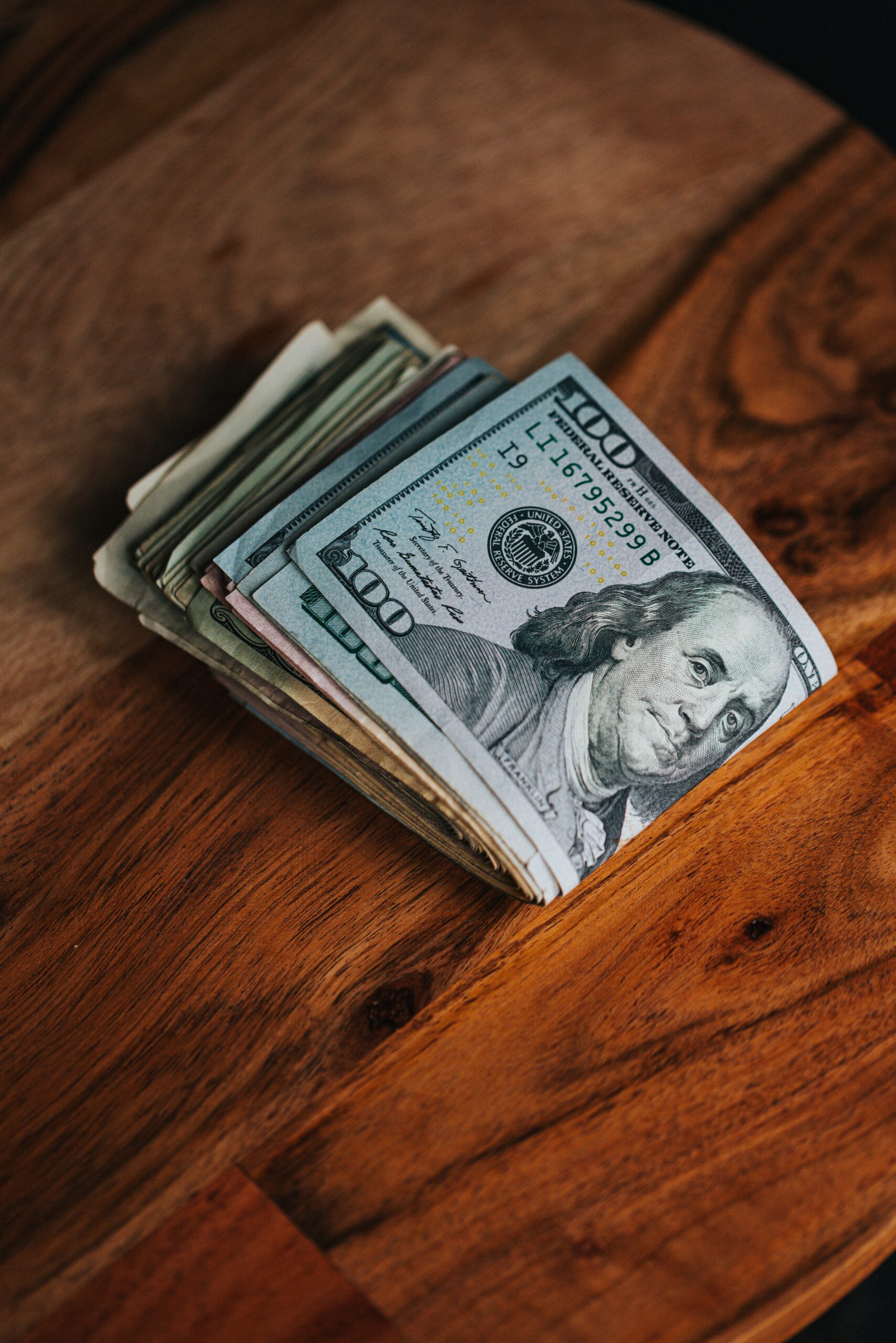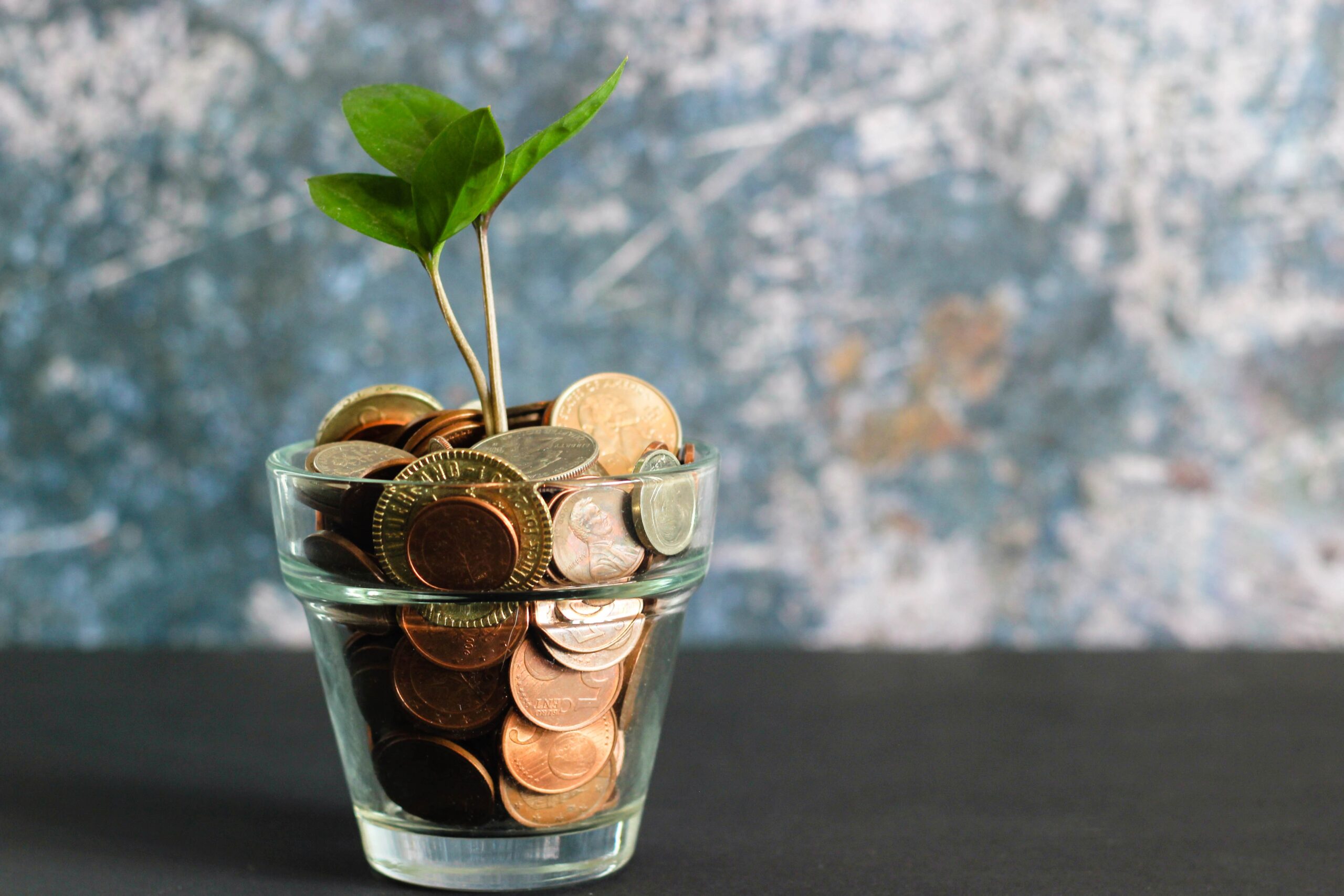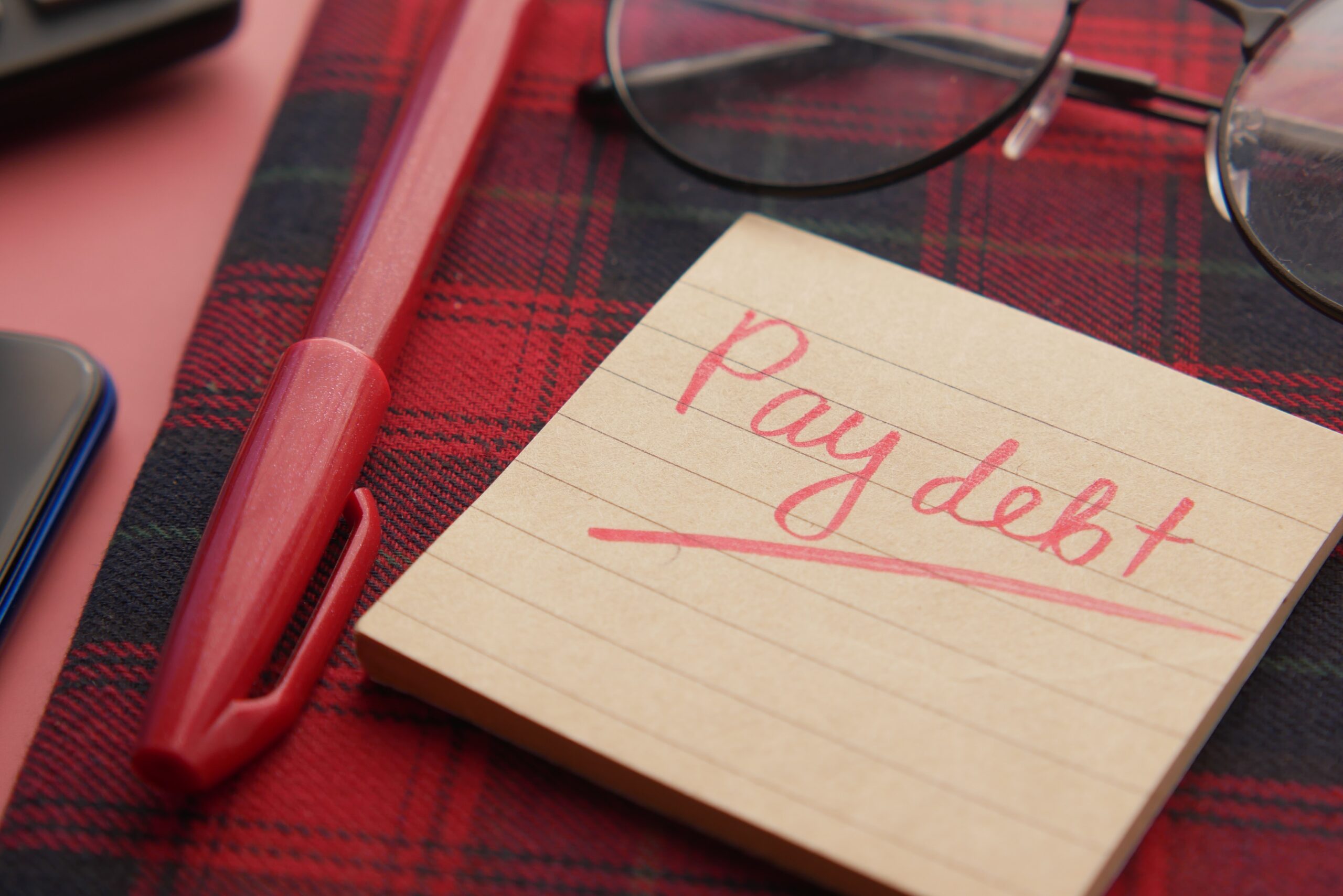
The average person in the UK has credit card debts of £7,912, with an average credit card interest rate of 18.3%. If this is you, and you only make minimum payments, it will take 26 years and seven months to pay off your debts. Which means, the more you can do to reduce your credit card debt the better for your financial future.
If your payments don’t cover more than interest and charges for at least 18 months, this is classed as persistent debt, and your credit card company can ask you to increase your monthly payments.
Understand How Much You Owe
Before you can start to pay off your credit card debt, you need to work out just how much you owe, and how much you can afford to pay off each month. Take your most recent credit card statements and minimum payments, adding these into a monthly budget that includes all your income and expenditure. If you have any money left at the end of the month, use this to pay down your credit card debt.
If you ask your credit card company to issue a second card for a partner or family member, you are responsible for any charges they make on that card, not them, so think carefully before you give anyone else a card.
Speak To A Debt Adviser
Once you know how much you owe, and if you feel this is more than you can manage on your current income, speak to a debt adviser, who can help you create a budget and work with you to work with your creditors to come up with an affordable payment plan.
If you want to do your own budget, you can use online budget planners and find out how long it will take you to pay off your credit cards based on monthly payments.
Start Reducing Your Credit Card Debts
If you don’t want to go down the route of arranging a payment plan with your creditors, you can take steps to reduce your credit card debt, helping make it more manageable in the long-run. Here are five ways you can reduce your credit card debts:
1. Transfer your balances
Periodically, many credit cards offer customers with good credit 0% or low interest rate balance transfers. These reduce or remove interest payments for a period of time, meaning you are paying down the capital, not the interest on your debt. There is usually a one-off fee around 3%, but this is much lower than you would be paying through monthly interest payments.
If you transfer the entire balance from one credit card to the other, close the account with zero balance so you won’t be tempted to use it again. If you can’t bring yourself to close it, cut up the card, meaning you’ll have to make a real effort to get another one and begin using the card again.
2. Pay more than the minimum
The more you pay off each monthly, the quicker you’ll pay off your debts. Try to pay off more than the minimum on each of your credit cards and stick to that amount, no matter how low the minimum goes. For example, using the average debt and interest rate quoted earlier, the minimum payment would be approximately £65. If you paid this offer every month even when the minimum payment was lower, you could pay off your debt in just over five years.
If you can’t pay more than the minimum on all your credit cards, look for the one with the highest interest rate and start paying more off on this one first; you’ll still need to pay off at least the minimum on all your other cards.
3. Use your savings
Most savings accounts don’t pay anywhere near enough interest to offset any interest you are paying on your credit card debts. You will be much better off using your savings to pay off some or all of your credit cards, keeping some money aside for emergencies.
If you have other debts, you might want to use your savings for these before your credit card, e.g. if you have rent or mortgage arrears as these could put your home at risk.
4. Cut back on expenses
While some people use credit cards to pay for essentials, many use them to pay for non-essentials, going out for meals for example, or buying new clothes. These are nice-to-haves, but you don’t need them. Take a close look at your credit card statements. If you have lots of non-essentials on there, figure out what they are and start cutting back on these expenses. This will stop your balances creeping up while you are trying to get them down.
Because cutting back can be hard, set yourself a goal, even if it is only £10 a month to start with, which will make reduces your outgoings easier. Alternatively, find one recurring charge, your regular cup of coffee on your way to work, for example, and swap from credit to cash.
5. Consolidate your debts
Consolidation loans allow you to take out a loan equivalent to your credit card debt. You then repay the loan in one monthly payment which will probably be lower than your currently combined monthly payments, and at a lower interest rate too.
As with balance transfers, don’t be tempted to use the cards again once you’ve paid off the loan, otherwise you could find yourself in more debt and unable to make all your minimum payments.



